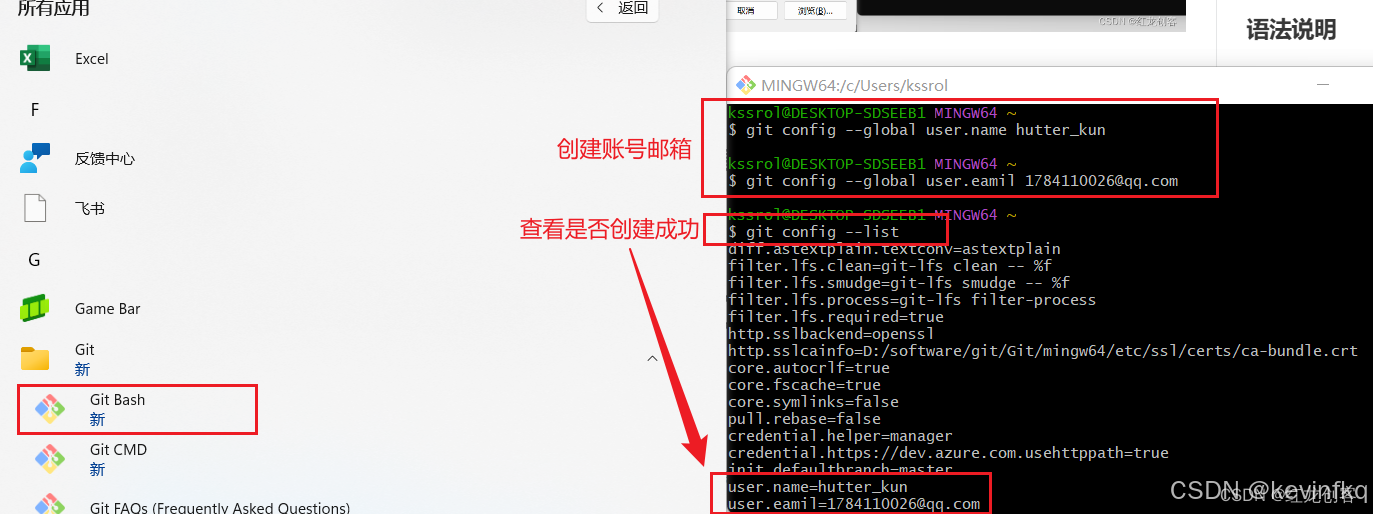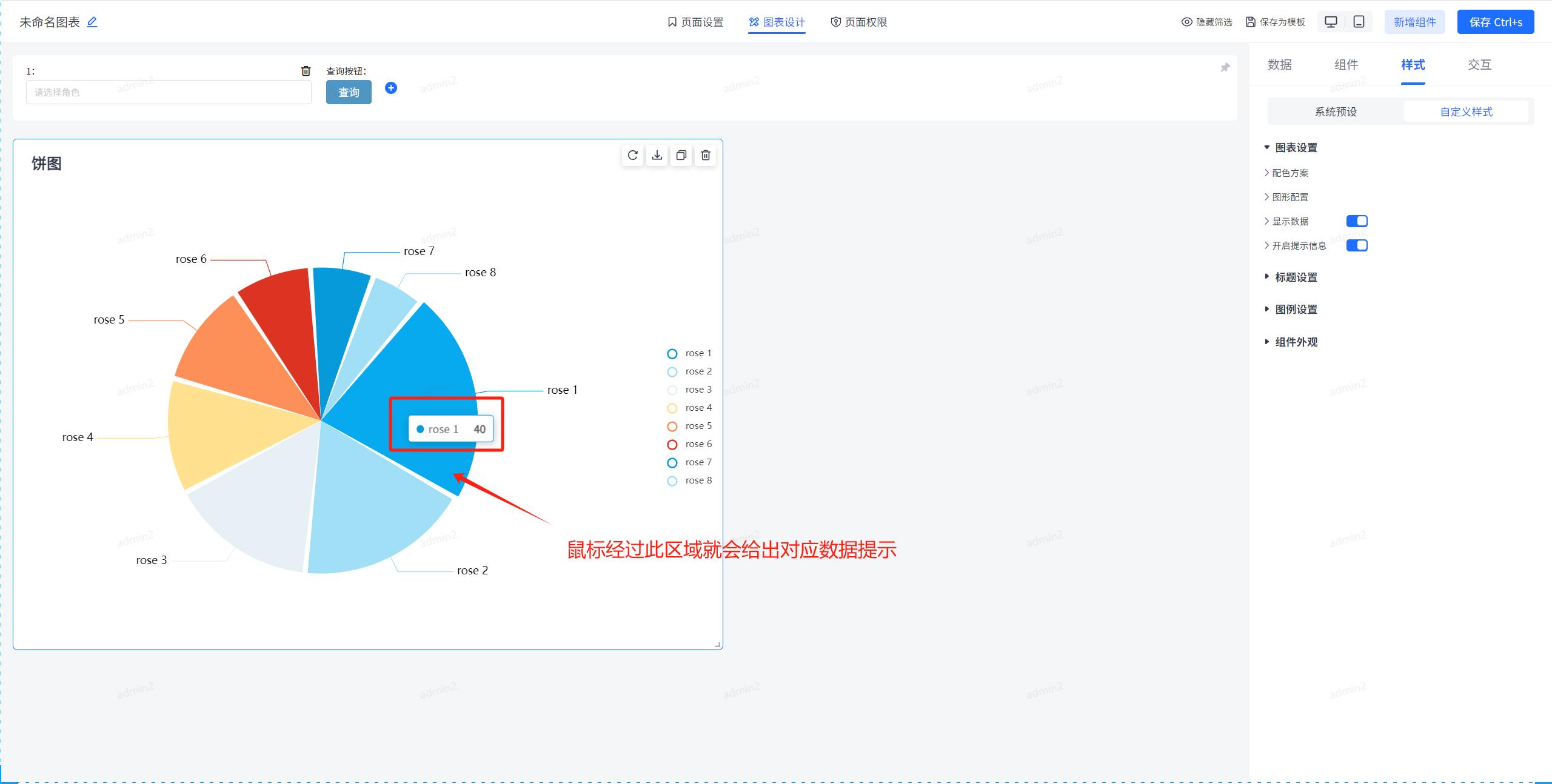在C++中,自动类型推导使得编程变得更加灵活和简洁。主要通过auto和decltype关键字实现。以下是这两个关键字的详细解释:
1. auto 关键字
auto 关键字允许编译器根据初始化表达式的类型来自动推导变量的类型。这减少了代码中的冗余,并且使得类型推导更加清晰和易于维护。
使用示例
#include <iostream>
#include <vector> int main() { auto x = 5; // int auto y = 3.14; // double auto z = "Hello"; // const char* std::vector<int> vec = {1, 2, 3, 4, 5}; for (auto element : vec) { // element 的类型被推导为 int std::cout << element << " "; } return 0;
}
注意事项
- auto 只能在变量声明时使用,不能作为返回类型(但可以与尾返回类型结合使用)。
- 如果没有初始化,编译器无法推导出类型,则会产生编译错误。
- 在使用auto时,如果上下文不明确,编译器可能会推导出你不期望的类型,尤其是在指针和引用的使用上。
2. decltype 关键字
decltype 关键字用于查询表达式的类型,而不实际计算该表达式。这对于某些类型需要在编写代码时获得,但不想编写冗长的类型名称尤其有用。
使用示例
#include <iostream> int main() { int a = 10; decltype(a) b = 20; // b 的类型为 int double c = 3.14; decltype(c) d; // d 的类型为 double std::cout << "b: " << b << ", d: " << d << std::endl; return 0;
}
结合使用
auto 和 decltype 可以结合使用,让类型推导更加灵活:
#include <iostream>
#include <vector> int main() { std::vector<int> vec = {1, 2, 3, 4, 5}; auto it = vec.begin(); // it 的类型为 std::vector<int>::iterator decltype(vec)::value_type value = 100; // value 的类型为 int std::cout << "Iterator points to: " << *it << ", value: " << value << std::endl; return 0;
}
总结
- auto 使得变量的类型根据初始值自动推导;非常适合迭代器和复杂类型。
- decltype 使得可以查询任意表达式的类型,而无需计算该表达式。





